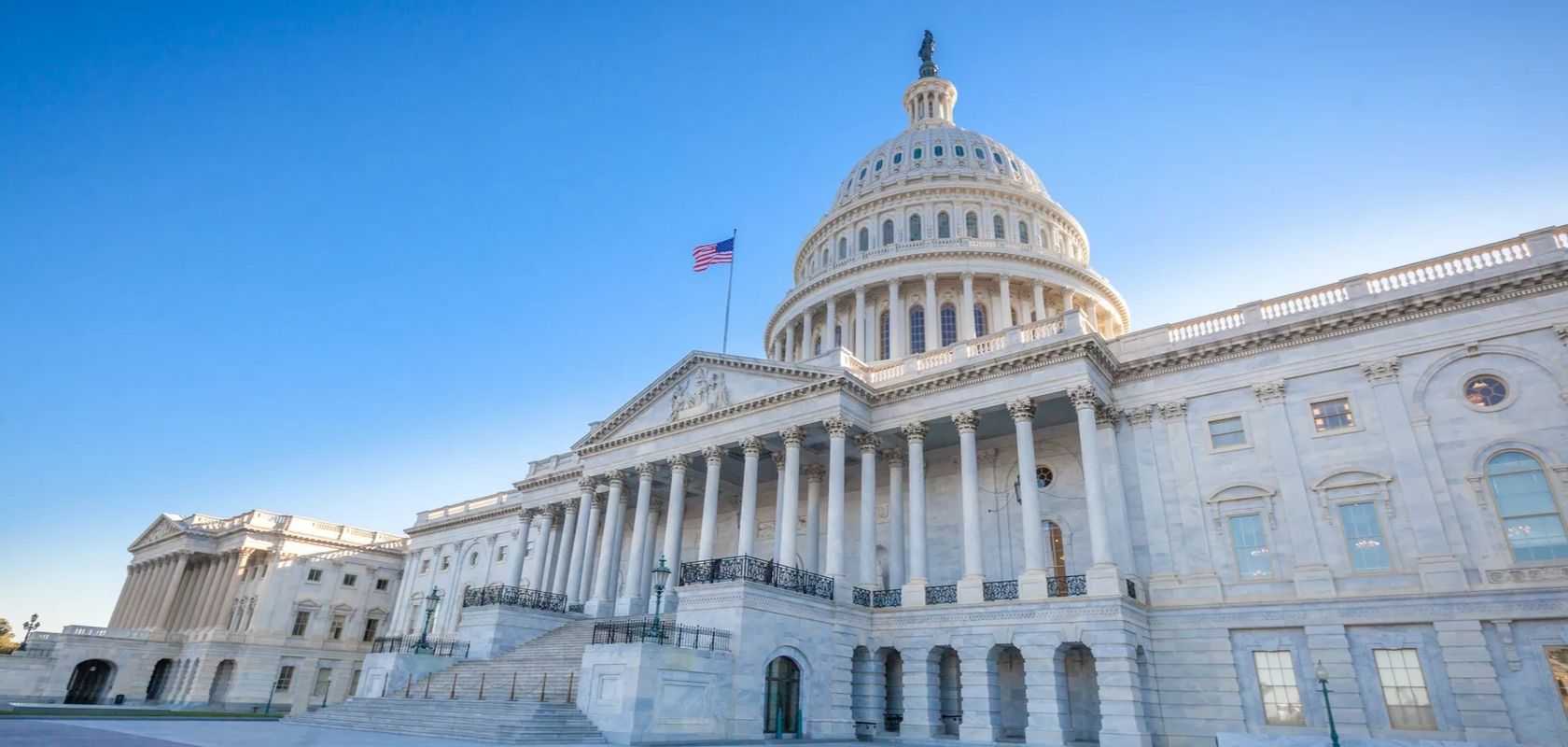The United States seems to be edging ever closer to imposing more direct government regulation and influence over social media platforms. The need for this has been building up as a narrative for some years, and now concrete steps are being taken in Congress.
After a hearing on Wednesday, it was announced that legislators are currently drafting a new bill that would set up a national commissionable to organize hearings and issue subpoenas, whose purpose would be to scrutinize social media sites and content posted on them.
This will be done by determining whether the sites are living up to the mantra of “doing more” to suppress what is seen as hate speech, disinformation, and similar problems.
The commission would work within the Department of Homeland Security, according to the draft. In addition, the future body would be able to recommend potential legislation and implement a federal social media task force to coordinate the government’s response to such issues.
Democrats have been calling out tech giants like Facebook, Twitter, and Google for not imposing even tighter control on user content. Thus the Senate this week organized an inquiry with representatives of the three companies, in a bid to find out if the platforms “have become conduits for real-world violence.” By that, lawmakers meant those incidents when criminal activity, such as mass and other shootings, is streamed online.
The three companies sought to assure lawmakers that they are working hard, and making progress, in policing their vast public online spaces.
In particular, they highlighted artificial intelligence-powered content moderation tools which the giants said are producing good results – even though they are at least as equally well known for deleting or flagging legitimate content and speech.
Google shared some numbers: its video behemoth YouTube relied on algorithms when deleting as much as 90 percent of the 9 million videos in the second quarter of 2019; while Facebook said it now detects “rule violations” in live-streamed videos within 12 seconds.
Twitter is also putting its faith in AI: last year 20 percent of all content it removed was flagged by algorithms, while this year, that number went up to 50 percent.
If you're tired of censorship and dystopian threats against civil liberties, subscribe to Reclaim The Net.









